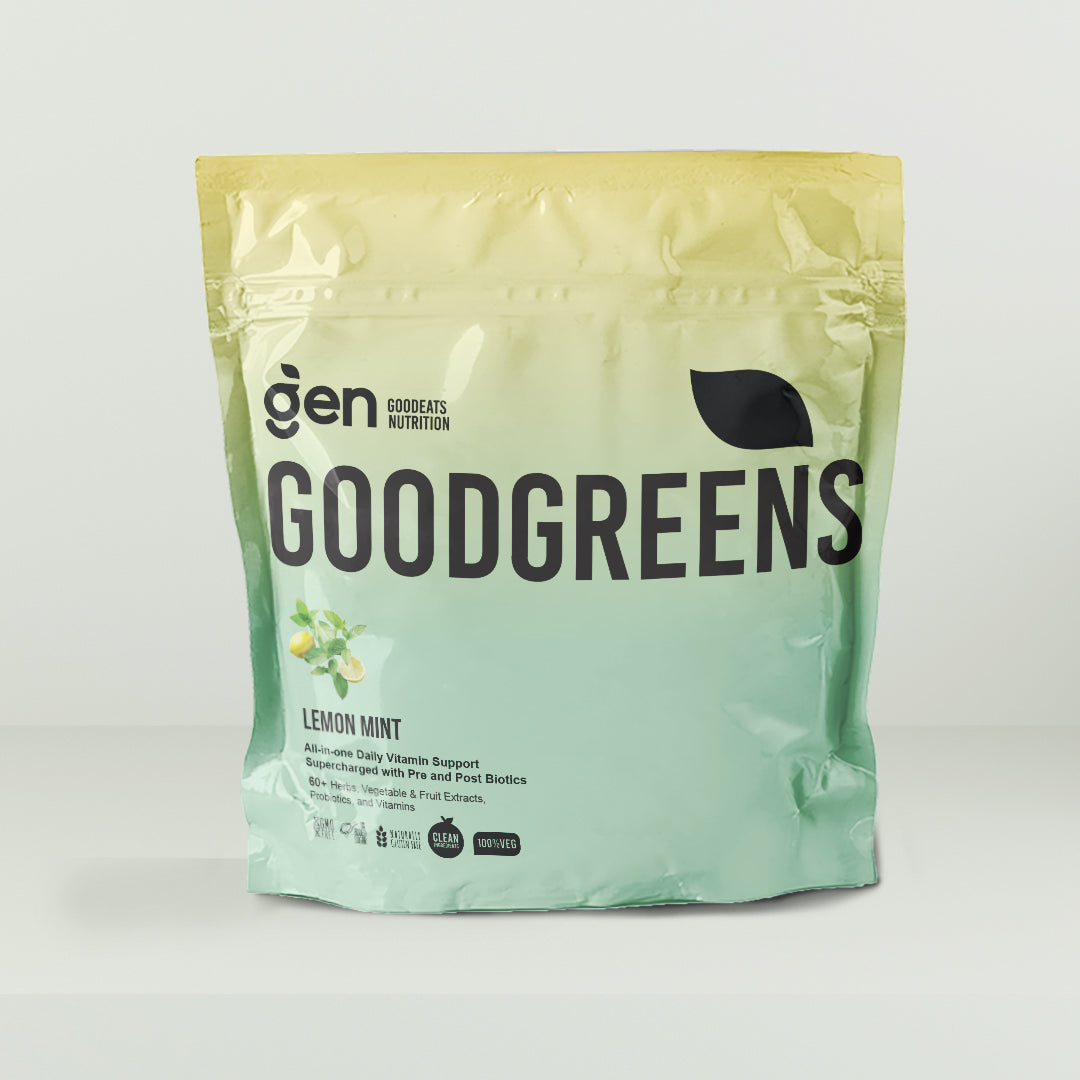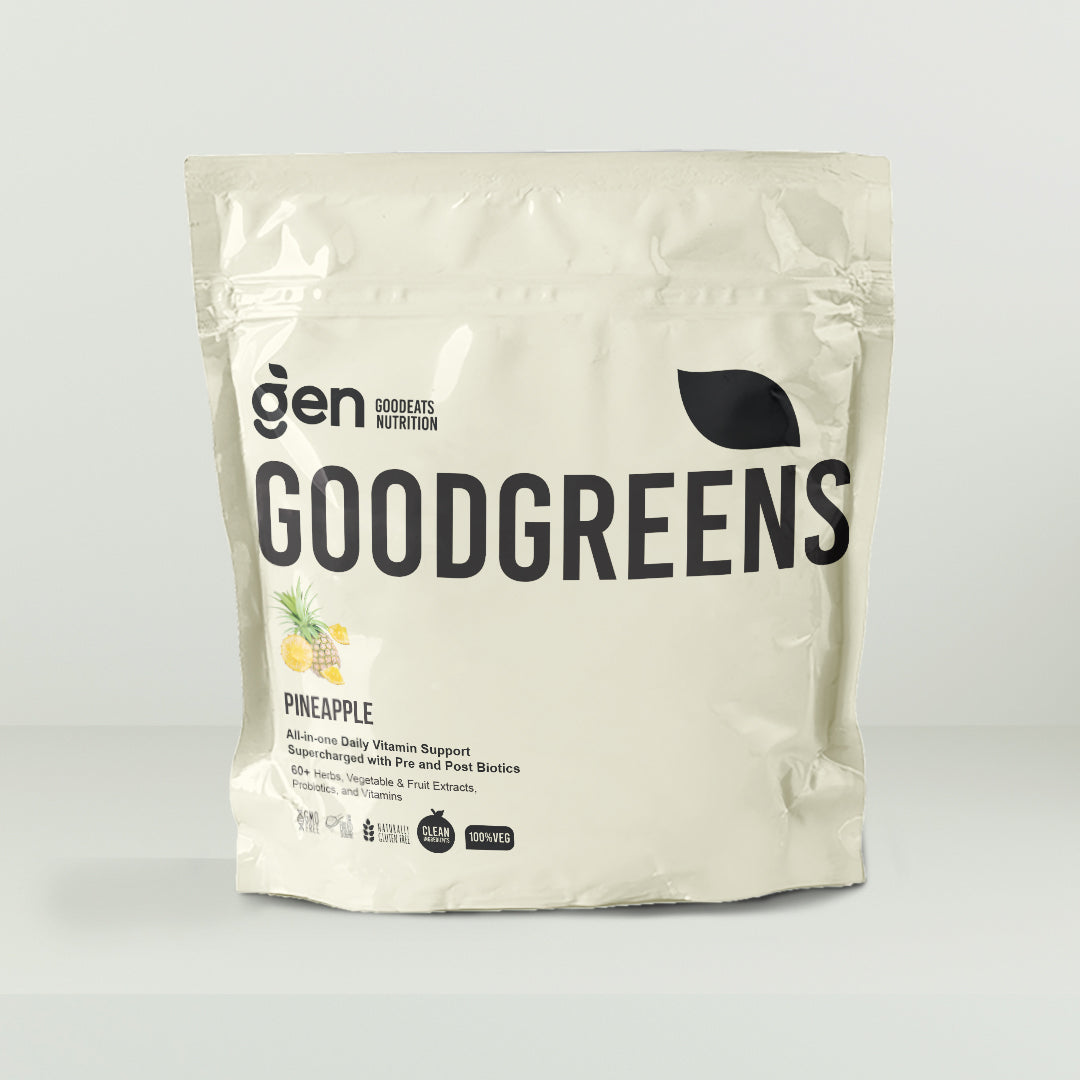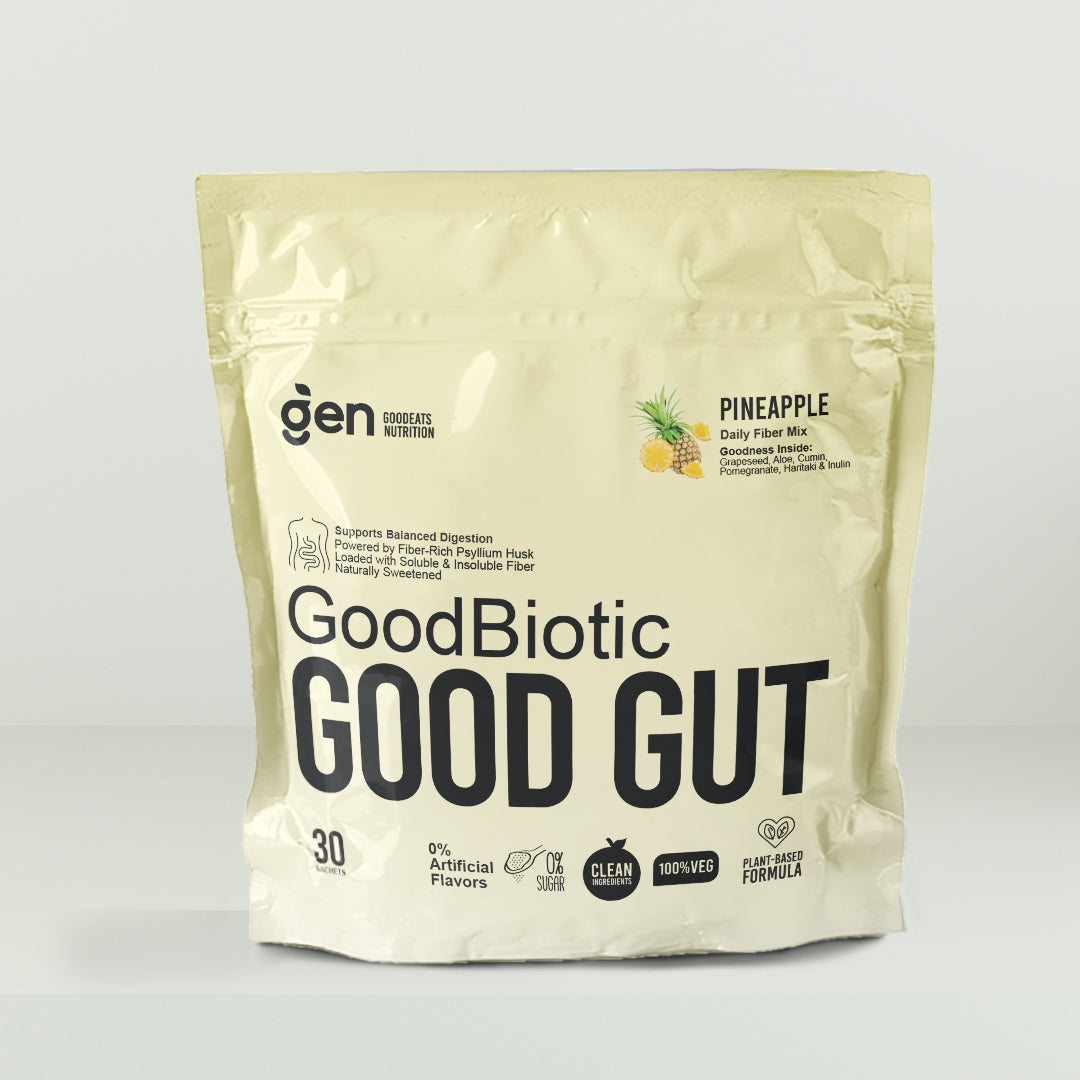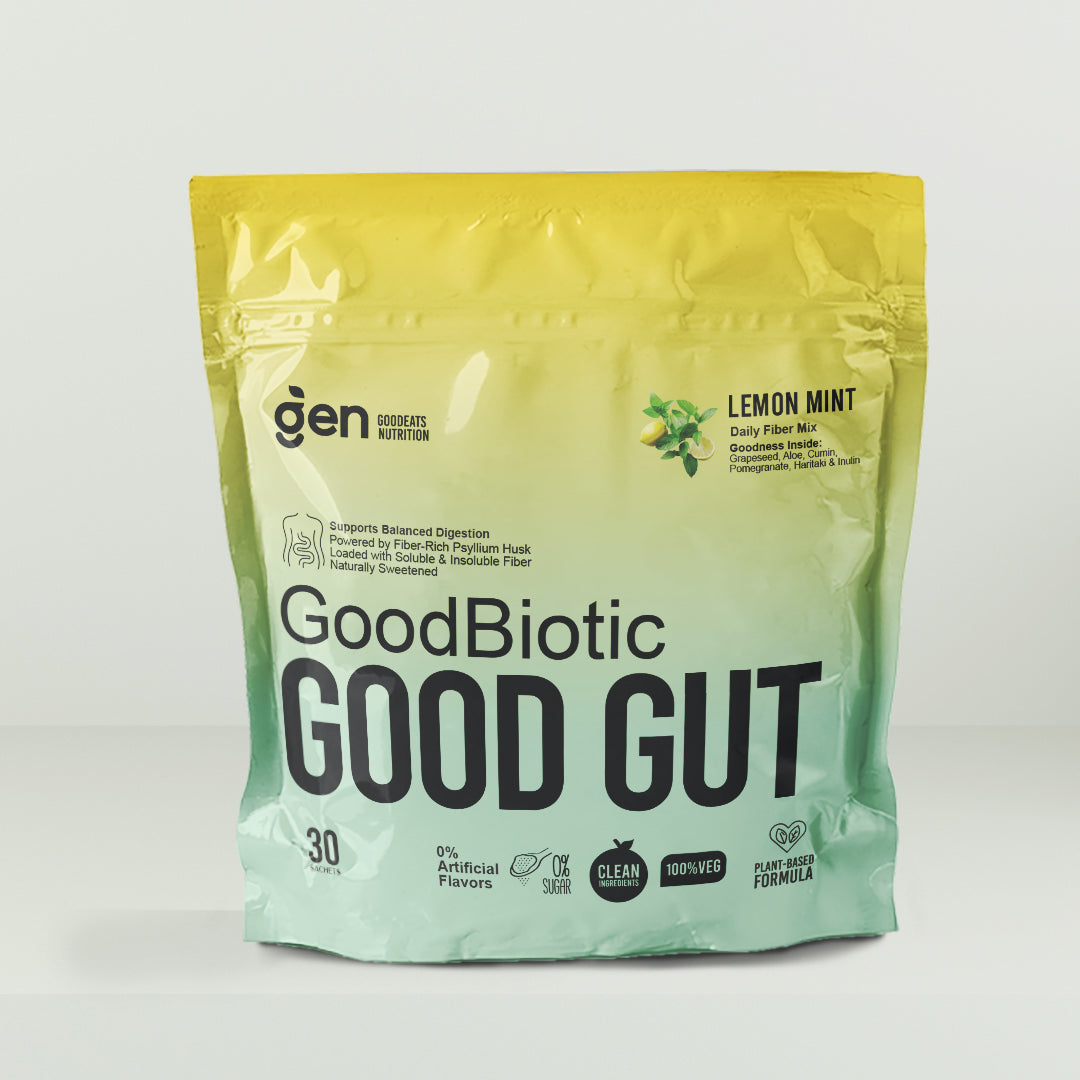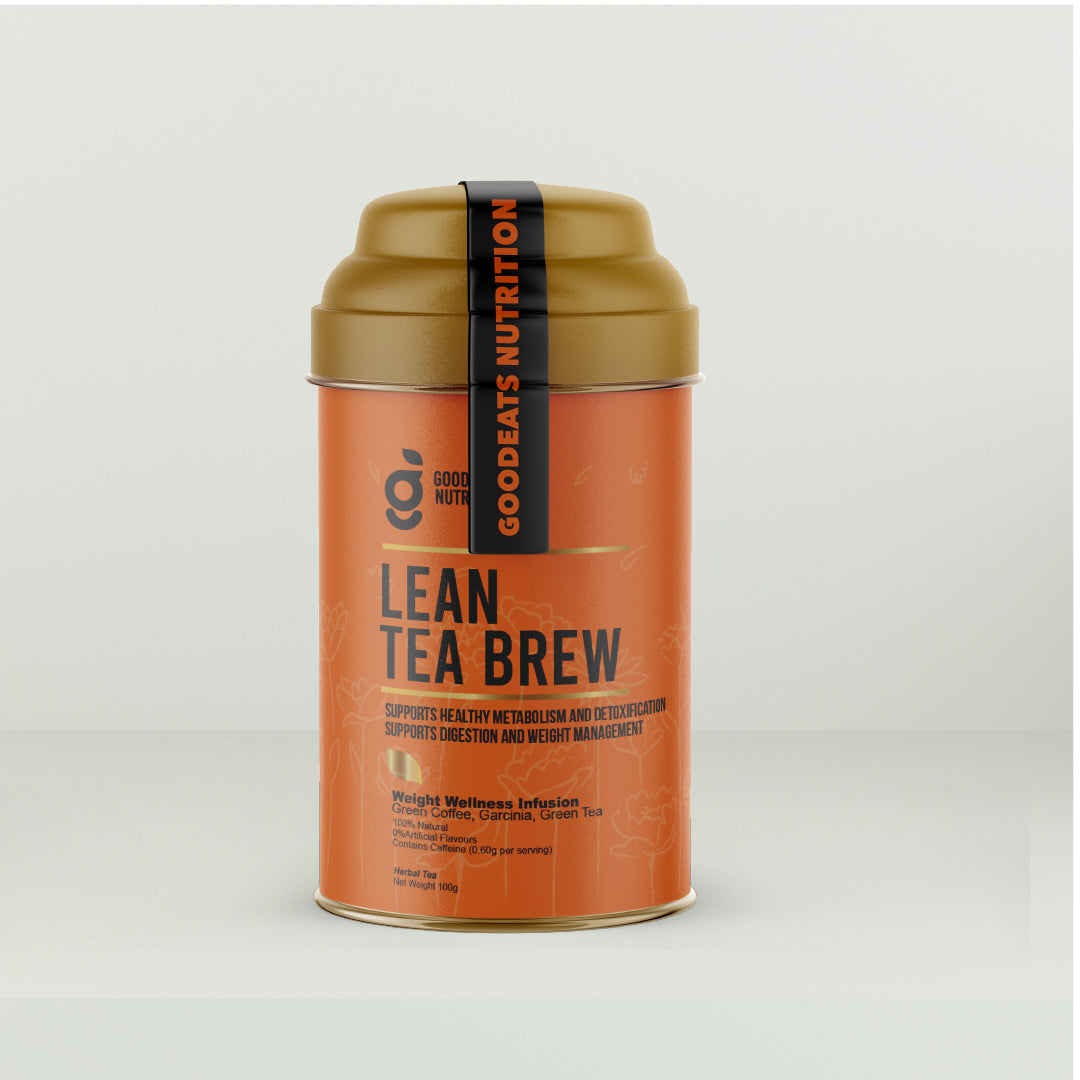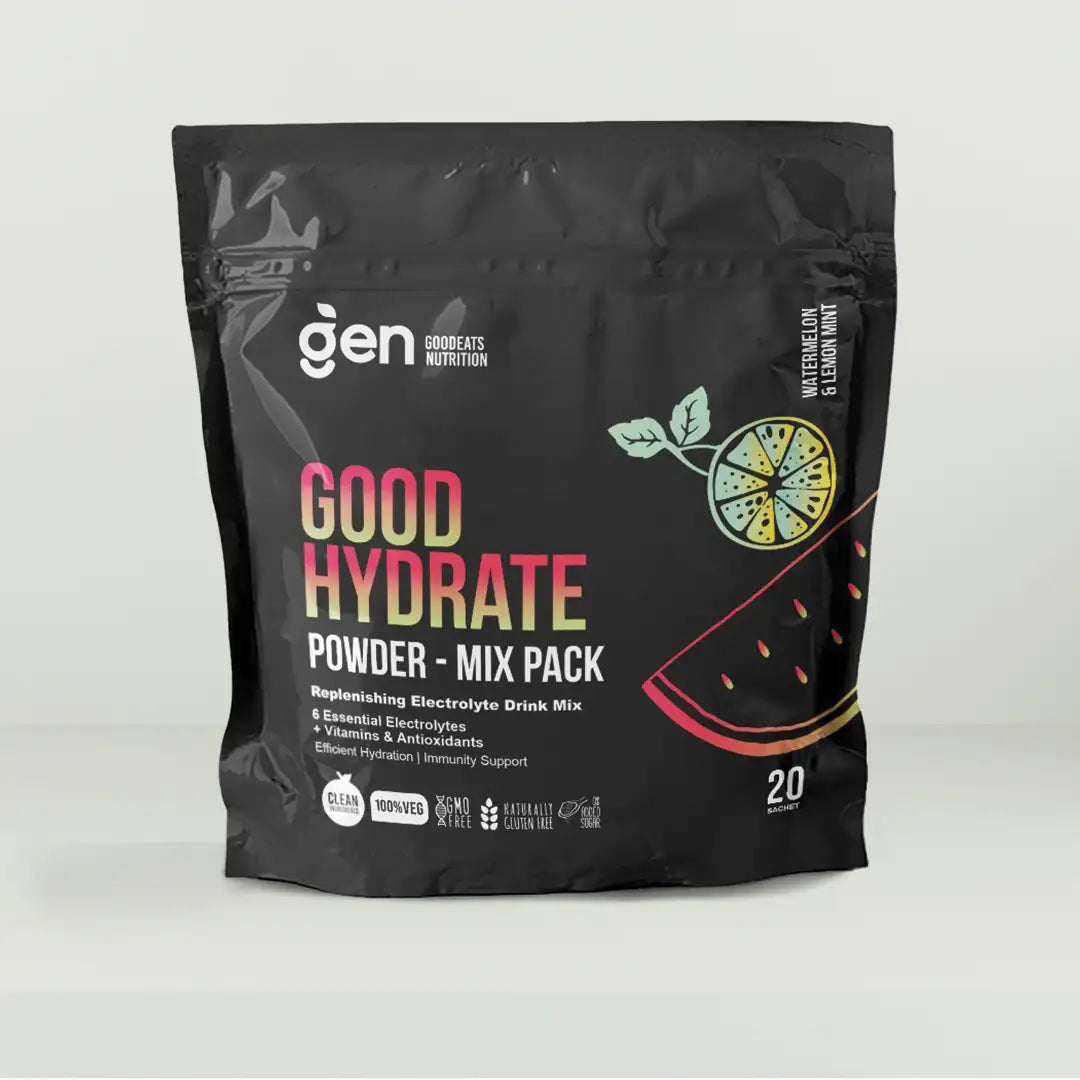In today’s fast-paced world, which is filled with deadlines, pollution, processed foods, and constant stress, our bodies are fighting an invisible enemy: chronic inflammation.
While short-term inflammation is the body’s natural defence to heal injuries or fight infections, the problem arises when it becomes chronic. This slow, ongoing process silently damages tissues and organs, and is now linked to over 50% of global deaths. Conditions like diabetes, heart disease, arthritis, asthma, autoimmune disorders, and even cancer often have chronic inflammation at their core.
The good news? Your diet is one of the most powerful tools to fight inflammation naturally.
What Exactly Is Inflammation?
Inflammation is your immune system’s way of protecting you. When you’re injured, exposed to toxins, or fighting an infection, your body sends white blood cells and healing compounds to the affected area.
This short-term response (acute inflammation) is beneficial. But if the trigger doesn’t go away, like poor diet, stress, or pollutants, the immune system stays “switched on.” This leads to chronic inflammation, which can damage your health silently over time.
Signs of Chronic Inflammation:
- Persistent fatigue
- Muscle and body aches
- Joint pain and stiffness
- Skin rashes or flare-ups
- Digestive discomfort
Foods That Help Reduce Inflammation Naturally
Your plate can either fuel inflammation or fight it. Choosing anti-inflammatory foods gives your body the nutrients it needs to heal and restore balance.
Fruits & Vegetables (Rich in antioxidants and fibre)
- Berries: Blueberries, strawberries → packed with flavonoids & vitamin C
- Leafy greens: Spinach, kale, broccoli → vitamins A, C, and K
- Tomatoes, bell peppers, pomegranate, citrus fruits → reduce oxidative stress
Healthy Fats (For brain & heart health)
- Fatty fish: Salmon, sardines, mackerel → omega-3 fatty acids
- Extra virgin olive oil → monounsaturated fats + polyphenols
- Avocados → vitamin E and healthy fats
Whole Grains & Legumes (For gut and metabolic health)
- Brown rice, quinoa, bulgur → fibre that regulates blood sugar
- Chickpeas, lentils, black beans → improve gut health & lower CRP levels
Nuts & Seeds (Little powerhouses)
- Almonds, walnuts, pistachios → antioxidants & healthy fats
- Flaxseeds, chia seeds → plant-based omega-3s
Spices & Herbs (Natural anti-inflammatories)
- Turmeric → curcumin fights inflammation
- Ginger, rosemary, oregano, cloves → support immune function
Beverages That Heal
- Green tea & matcha → EGCG (epigallocatechin-3-gallate) reduces inflammation markers
- Turmeric tea (with black pepper) → boosts curcumin absorption
- Beet juice → high in betalains
- Bone broth → collagen + amino acids for joint health
- Coffee (in moderation) → lowers CRP
Foods That Trigger Inflammation
To lower inflammation, it’s not only about what you add but also what you avoid:
- Refined carbs (white bread, pastries)
- Trans fats (fast food, margarine)
- Processed meats (bacon, sausages)
- Sugary drinks and snacks
- Excess alcohol
Lifestyle Habits That Support an Anti-Inflammatory Diet
Food is powerful, but lifestyle choices make a huge difference too. Combine both for the best results:
- Stay hydrated: 2.5-3 litres/day helps flush toxins
- Exercise: Aim for 150 minutes/week of moderate activity (walking, cycling, yoga)
- Manage stress: Meditation, journaling, deep breathing, or mindfulness
- Sleep well: 7-9 hours of quality rest to restore body systems
- Quit smoking: One of the biggest contributors to inflammation
Did You Know? Inflammation Can Run in Families
Certain inflammatory conditions, like rheumatoid arthritis, have a genetic link. Simple blood tests such as C-reactive protein (CRP) can detect inflammation even before symptoms appear, helping you take action early.
Key Takeaway
Chronic inflammation is like a slow-burning fire in your body. Left unchecked, it can damage your long-term health. But the good news is, you have control.
By choosing the right foods, staying active, sleeping well, and managing stress, you can cool the flames of inflammation naturally.
Remember: Every meal is a choice to heal or to harm.



